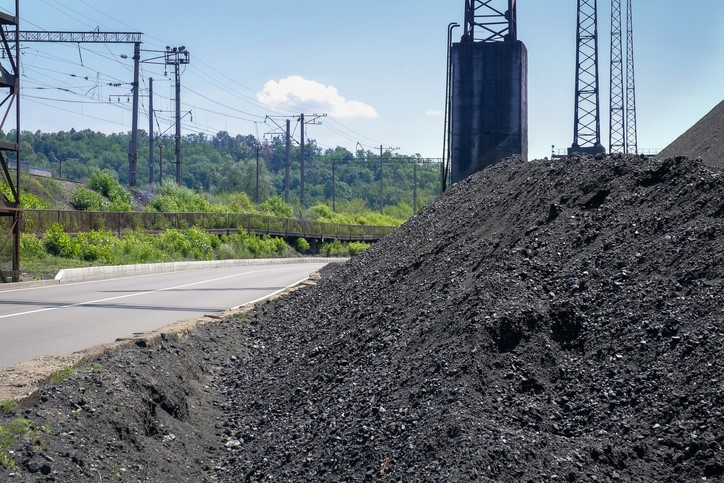The Hidden Dangers of Coal Ash: Safeguarding Mooresville’s Water Quality
Nestled in the heart of North Carolina, Mooresville is celebrated for its picturesque landscapes, friendly community, and thriving local economy. However, beneath this charm lies a pressing concern that could affect the health of its residents: coal ash contamination. As the community seeks to safeguard its water supply, understanding the dangers of coal ash and the importance of effective water filtration becomes crucial.
What is Coal Ash and Why is it a Concern?
Coal ash is a byproduct of burning coal for electricity, primarily comprising materials like fly ash, bottom ash, and boiler slag. While it may seem like a mundane waste product, coal ash contains a cocktail of toxic substances including heavy metals such as arsenic, lead, mercury, and selenium. These substances are harmful to both the environment and human health.
In Mooresville, the legacy of coal-fired power plants has left a significant environmental footprint. Improper storage or disposal of coal ash can lead to leaching of these toxic substances into groundwater, which can then make its way into the public water supply.
Health Risks Associated with Coal Ash Contamination
Exposure to coal ash contaminants can pose several health risks. Here’s a closer look at some of the potential impacts:
- Arsenic: Long-term exposure to arsenic can lead to various health problems, including skin lesions, cancer, and developmental effects in children.
- Lead: Lead is particularly dangerous for young children and pregnant women, potentially causing developmental issues, behavioral problems, and reduced IQ.
- Mercury: Mercury exposure can affect the nervous system, leading to cognitive and motor dysfunction.
- Selenium: High levels of selenium can result in gastrointestinal issues, hair loss, and in severe cases, neurological problems.
These health risks underscore the urgency of addressing coal ash contamination in Mooresville’s water supply.
The Role of Water Filtration
Given the potential dangers of coal ash contamination, ensuring clean and safe drinking water is paramount. Here’s where water filtration systems come into play:
- Removing Contaminants: Advanced water filtration systems, such as reverse osmosis and activated carbon filters, are designed to remove or significantly reduce harmful contaminants from tap water. These systems can effectively address many of the heavy metals and toxins associated with coal ash.
- Protecting Public Health: By investing in high-quality water filtration, residents of Mooresville can reduce their exposure to harmful substances, protecting themselves and their families from the adverse health effects associated with contaminated water.
- Peace of Mind: Knowing that your water is being filtered and purified provides peace of mind, allowing you to enjoy the benefits of clean water without worrying about potential health risks.
Community Action and Awareness
While individual water filtration systems are crucial, community action plays a vital role in addressing coal ash contamination comprehensively:
- Advocacy: Engage with local government officials and environmental groups to push for better regulations and cleanup efforts related to coal ash disposal and management.
- Monitoring: Stay informed about water quality reports and participate in local initiatives that focus on monitoring and improving water safety.
- Education: Raise awareness within the community about the importance of water filtration and the health risks associated with coal ash contamination.
Conclusion
The hidden dangers of coal ash contamination present a serious threat to the well-being of Mooresville’s residents. By understanding these risks and taking proactive measures such as investing in effective water filtration systems, the community can safeguard its health and ensure access to clean, safe drinking water. Collective action, both at the individual and community levels, is essential for addressing this pressing issue and preserving the quality of life in Mooresville for years to come.
If you’re interested in clean water in your home – schedule a free, no-obligation in-home water analysis with an Artisanal Water local expert.
Call (704) 315-6344 or fill out our contact form.
